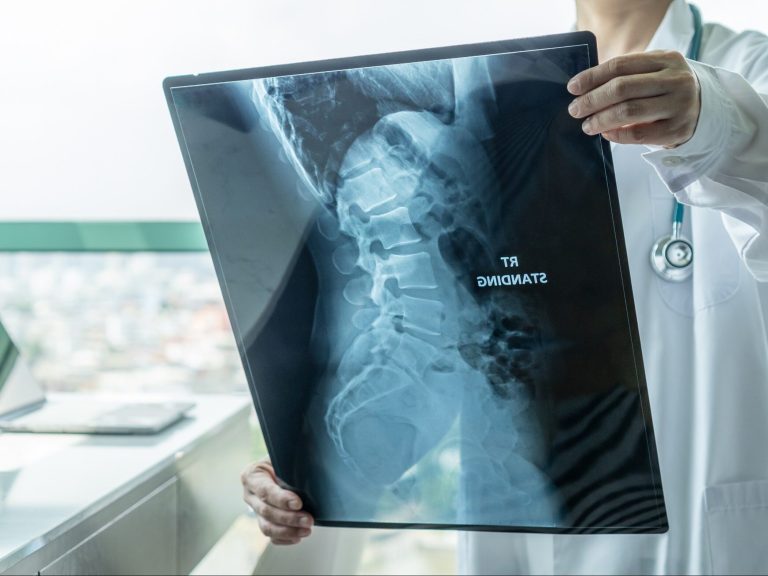Prof. Gil: We have increasingly effective treatment for acute myeloid leukemia with the most common mutation

Mutation in the FLT3 gene is the most common mutation in acute myeloid leukemia and is associated with a difficult prognosis. New drugs improve patients’ chances, emphasizes prof. Lidia Gil, head of the Department of Hematology and Bone Marrow Transplantation of the Medical University of Poznań.
Acute myeloid leukemia is one of the most difficult hemato-oncological diseases, especially in high-risk patients: one of such mutations is a mutation in the FLT3 gene. – Patients with this mutation constitute the largest group of patients with this life-threatening disease – says Prof. Lydia Gil. In patients for whom it is possible, allotransplantation of hematopoietic cells is performed, but this is not possible in all patients.
– The FLT3 mutation itself favors the disease to return: quickly, dynamically, and more resistant to subsequent lines of treatment – emphasizes Prof. Lydia Gil.
In the event of disease recurrence, treatment improved with the use of an FLT3 inhibitor (gilteritinib).
– It improves the effectiveness of treatment compared to standard chemotherapy that we have used in recent years. In addition, it is an oral treatment and can be continued on an outpatient basis. This treatment can be given to both patients undergoing intensive treatment and those in whom we were unable to perform a bone marrow transplant and had failure of first-line treatment.
The possibility of using gilteritinib improved patient prognosis. We would like to be able to use this drug also in patients after allotransplantation; there are studies that indicate that they would use such therapy as a maintenance therapy – notes prof. Bullfinch.
Prepared by Katarzyna Pinkosz






